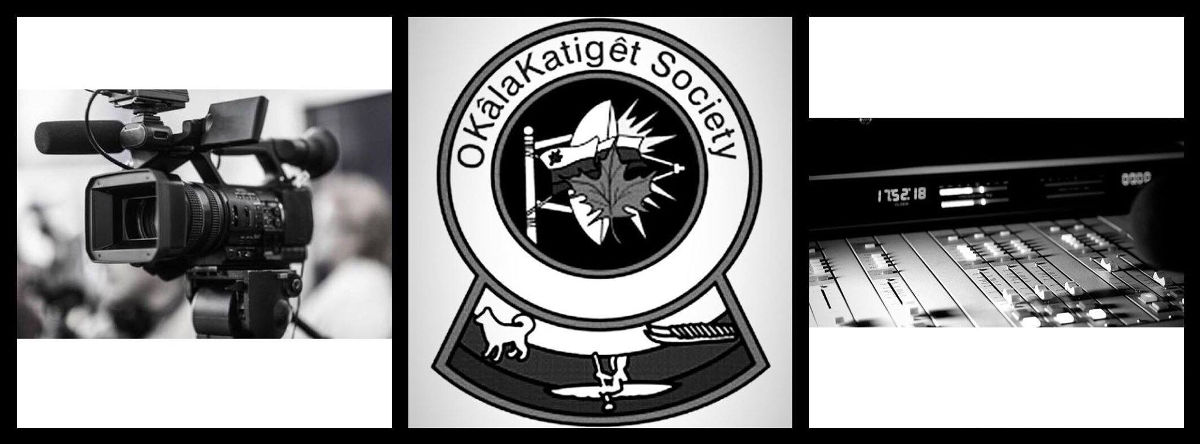The Innu of Labrador address impact of collective pretendianism in court challenge.
A federal court hearing that was scheduled for today October 11th, 2023 is now postponed.
The Innu of Labrador are challenging the Canadian Government’s right to sign a 2019 memorandum of understanding (MOU) with the NunatuKavut Community Council (NCC) and calling upon the Federal Court to cancel the agreement.
“Innu Nation is protecting the rights of Innu by ensuring that Canada follows the law, including the Constitution,” stated Grand Chief Simon Pokue.
“Canada stated in the 2019 MOU that NCC is an ‘Indigenous collective capable of holding section 35 Aboriginal rights’. Canada’s decision ignored the Constitution, which defines ‘Aboriginal peoples of Canada’ as Indian, Inuit and Métis peoples.
Furthermore, Canada signed the MOU despite having rejected NCC’s claims on four separate occasions, over two decades, and having concluded each time that there is insufficient evidence to support NCC’s claim to be an Aboriginal rights-holding group under s. 35 of the Constitution.”
In its 1998 response to NCC’s land claim, Canada’s report stated: “The LMN [NunatuKavut] is a modern political organization that represents people of varying degrees of Aboriginal ancestry and not an aboriginal collectivity capable of holding aboriginal rights.”
Investigations conducted by the Canadian government in 2003, 2013 and 2017 came to the same conclusion. Despite this, and with no other rational explanation, Canada made the decision to enter into the 2019 MOU with NCC.
This decision would seriously diminish and delay Innu Nation’s treaty process, which has been ongoing for over 40 years. The Canadian Human Rights Commission has called repeatedly for immediate action to finalize the Innu treaty in three separate reports spanning three decades. “Canada actions undermine our rights and our treaty process,” said Grand Chief Simon Pokue.
Since the 1980s, the NCC has worked to invent a narrative of Indigenous nationhood. The MOU is part of a much larger plan by NCC to create a history that never happened. Their identity has shifted to suit their needs – from being Settlers to Metis to Inuit-Metis to Inuit.
“To be clear,” added Grand Chief Simon Pokue, “Innu Nation does not dispute that individual members of NCC may and do have Indigenous ancestry. We have no quarrel with individuals recognizing and exploring their ancestry. But the NCC is not an Indigenous nation, and it never has been.”
NCC’s claim is also strongly rejected by the only other legitimate Indigenous group in Labrador, the Nunatsiavut Government (which represents all Labrador Inuit), and by the national body representing all Inuit in Canada, Inuit Tapiriit Kanatami.
Deputy Grand Chief Chris Rich said “These fake, newfound Indigenous nations have white privilege, this privilege and the access that they have within governments is how they got this far while Innu and other Indigenous people in Canada are struggling.
That NCC has called us greedy liars and accused us of lateral violence for standing up for our rights is evidence enough that they have nothing to say and can only use abusive language to make their point. Canadians should not buy into this – we know who we are, and we know who they are not.”
“Non-Indigenous people, including those in government, need to stop enabling latter-day pop-up groups like NCC out of some misguided belief they are fostering reconciliation. They are not. They are enabling fake groups to siphon resources and rights away from legitimate Indigenous nations. This group, like others across Canada, is milking taxpayers for millions of dollars and undermining legitimate Indigenous communities and our children,” concluded Grand Chief Simon Pokue.
